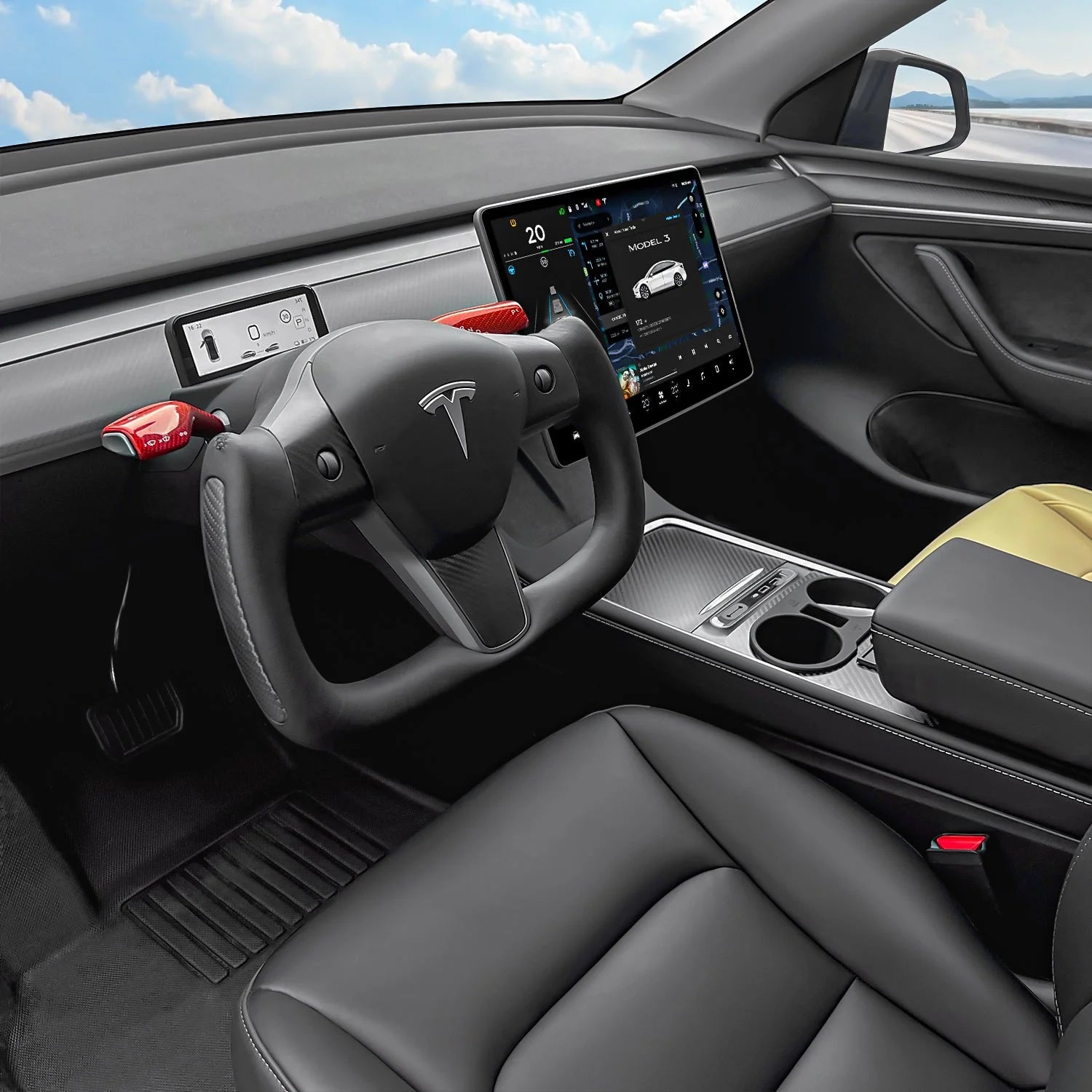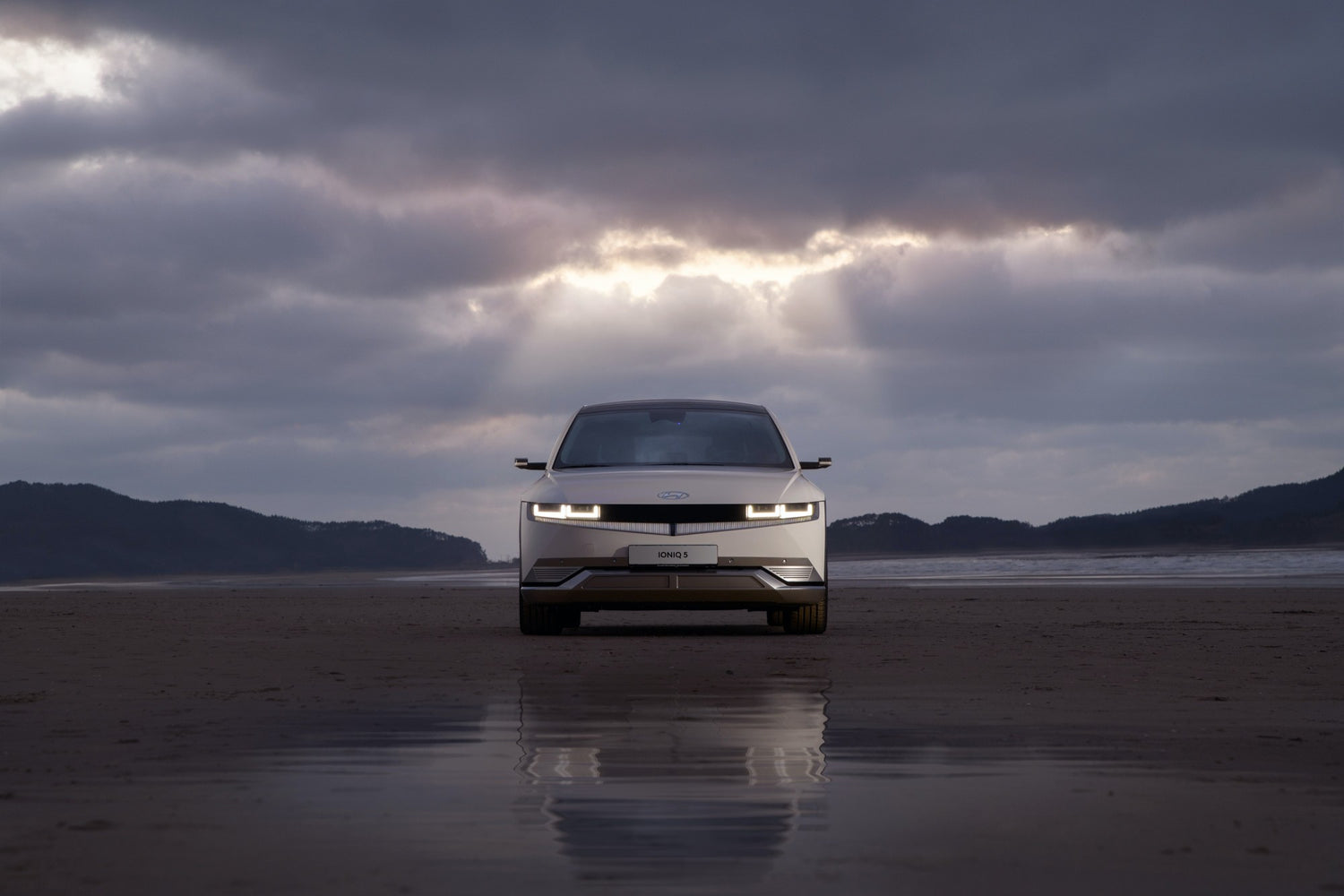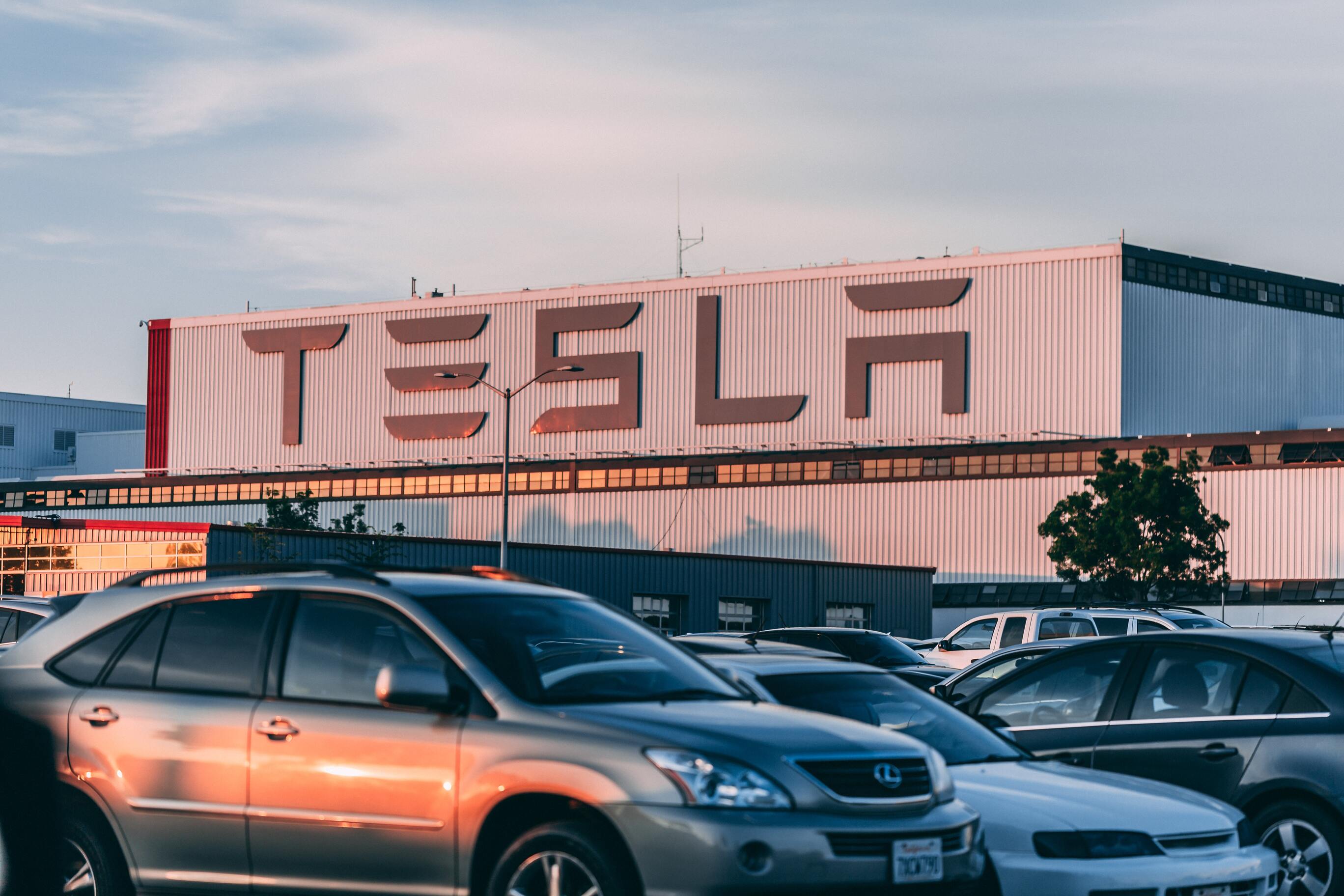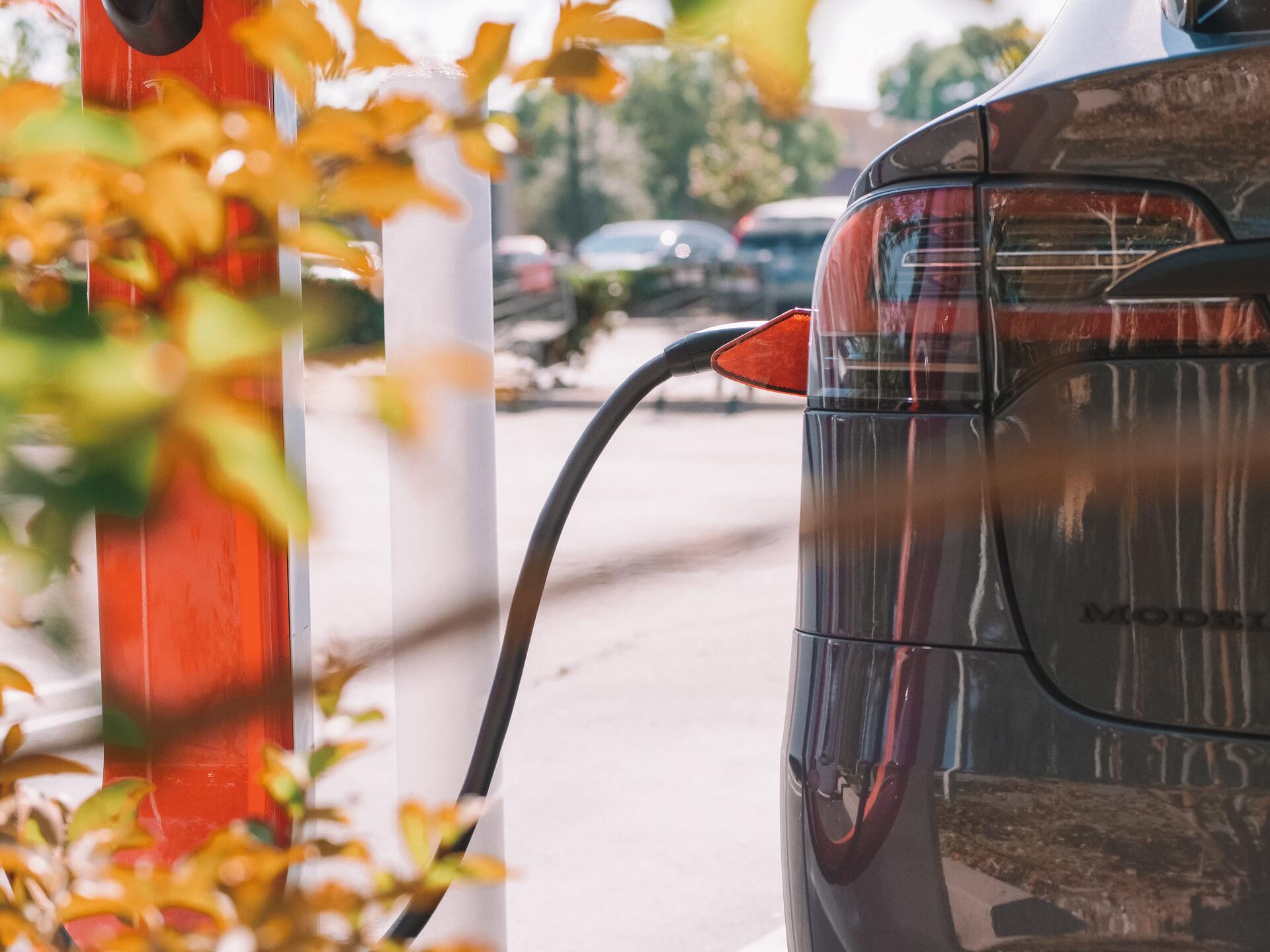The shift towards electric vehicles (EVs) is gaining momentum as people become more aware of the environmental and economic benefits they offer. With advancements in battery technology which leads to higher range and the increasing availability of charging infrastructure, now is a great time to consider purchasing an electric car.
What are some of the reasons why electric cars are worth it
Lower Running Costs
One of the biggest advantages of electric cars is their low running costs . Compared to traditional gasoline vehicles, EVs are much cheaper to operate on a per-kilometer basis. Let’s take Europe for example. The average cost for 1 liter of diesel is around 2 euros. At the same time electricity at home costs around 0.15 euro/ kWh. To make calculations easier we will just give you the final cost per 100km between the two technologies. An average diesel car consumes around 7 liters per 100km which turns out to be 14 euros. At the same time on average EVs consume around 20kW per 100km which turns out to be just 3 euros (when you use home electricity). Have in mind that public charging stations are much more expensive than home electricity (around 0.60 euro/ kWh). This is why you should primarily charge your car at home.
Additionally, electric cars require far less maintenance. Unlike regular internal combustion engine cars, EVs do not have the regular oil change, gearbox maintenance, filters change, electric car owners even do not have to change their brake pads so often as the car uses recuperation (also known as regenerative braking – is the recovery of the kinetic energy released during braking or thrust operation). Most electric vehicle owners just need to top up washer fluid to their cars.
Improved Charging Options
Charge times for electric cars have come down significantly in recent years, and now it is possible to charge your car in as little as 30 minutes. Not every EV allows super-fast DC charging, and this is something you should consider before purchasing your electric car. Currently Tesla is the hegemon of fast charging as their cars can take up to 250kW/h and they have a great network of Supercharger stations (a Tesla Model 3 Long Range can be charger in just 27 minutes). Other car brands such as Hyundai and Porsche are already trying to take the lead. For example it is claimed that the Hyndai IONIQ 6 can take up to 350kW/h which results in just 17 minutes of charging. Have in mind that 350kW charging stations are still a rarity.
Additionally, there are now many options for charging your car at home, including home chargers (also known as wallboxes) and portable chargers. With a home charger (also called wallbox), you can easily and quickly charge your car overnight, so it is ready to go when you need it. Despite being the more aesthetically pleasing solution the wallbox is often much more expensive than the portable charger.
Portable chargers allow you to take your charging capabilities with you, so you can top up your car's battery wherever there is a suitable socket (it can even be a regular 2-pin Schuko socket which can output up to 3.6kW of power.)
It may come as surprise but while portable chargers are more practical, they are often cheaper than the stationary home chargers. This may be strange to many as the portable chargers offer the same safety features, can be taken anywhere with you, offer charging speeds of up to 22kW and do not require any special installation (all you need is either a 2-pin, 3-pin or a 5-pin socket installed). Our top pick would be the 11kW Home Charger as this is usually the maximum power an EV can take (AC).
Environmental Benefits
Electric cars are much better for the environment than traditional gasoline vehicles. They produce no tailpipe emissions and generate far lower levels of greenhouse gases. This means that driving an electric car can help to reduce your carbon footprint and contribute to a cleaner, healthier planet.
Government Incentives
Many countries around the world offer incentives to encourage people to purchase electric cars. These can include tax credits, grants, free blue/green zone parking and other financial incentives. These programs are designed to make EVs more affordable and accessible to more people, so be sure to check what incentives are available in your area. Germany can be taken as a great example for a country which stimulates the future EV owners. In 2023 Germany offers a subsidy of 3000 euros for any electric car purchase (price tagged from 40 000 EUR to 65 000 EUR).
Conclusion
In conclusion, there are many good reasons to consider buying an electric car in 2023. With lower running costs, improved charging options, environmental benefits, and government incentives, it is clear that electric cars are the way of the future. If you are in the market for a new car, consider an electric vehicle and experience the many benefits they have to offer.
Photo by: Hyundai Motor Group (Hyundai IONIQ 5)




